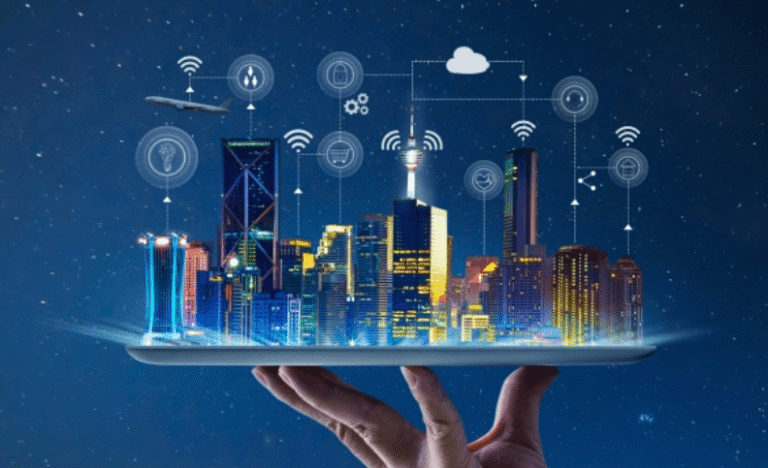How Smart Grids Are Powering the Future of Energy

Smart grids represent a significant advancement in energy management, utilizing technology to enhance the efficiency of electricity distribution. They enable real-time monitoring and control of energy resources, which leads to optimized consumption and reduced operational costs. As the demand for renewable energy sources grows, understanding the implications and future developments of smart grid technology becomes essential. What challenges and opportunities lie ahead as these systems evolve?
The Fundamentals of Smart Grids
As the global demand for energy continues to rise, smart grids have emerged as a transformative solution, integrating advanced technologies to enhance the efficiency and reliability of electricity distribution.
Central to this evolution is grid architecture, which facilitates real-time energy management. By incorporating distributed resources and advanced communication systems, smart grids enable optimized delivery, lower operational costs, and increased responsiveness to consumer needs.
See also: How Smart Cities Are Using Technology to Improve Urban Life
Benefits of Implementing Smart Grid Technology
The implementation of smart grid technology presents numerous advantages that can significantly enhance energy systems.
These systems improve energy efficiency by optimizing consumption patterns and reducing waste. Additionally, smart grids bolster grid resilience, enabling quicker recovery from disruptions and effective integration of renewable energy sources.
Data analytics and real-time monitoring further facilitate proactive management, ensuring a reliable and sustainable energy future while empowering consumer autonomy.
Future Trends and Innovations in Smart Grids
While advancements in technology continue to evolve, future trends in smart grids are poised to redefine energy management and distribution.
Key innovations include enhanced renewable integration, which facilitates a more decentralized energy model, and advanced demand response systems that optimize consumption patterns.
These developments aim to increase grid resilience and efficiency, ultimately empowering consumers with greater autonomy over their energy use.
Conclusion
In conclusion, smart grids represent a pivotal shift in energy management, akin to the dawn of the digital age in telecommunications. By leveraging real-time data and advanced analytics, these systems enhance efficiency, integrate renewable resources, and empower consumers with greater control over their energy usage. As future innovations unfold, the increasingly interconnected nature of smart grids will not only drive operational efficiencies but also establish a resilient and sustainable energy framework for generations to come.



